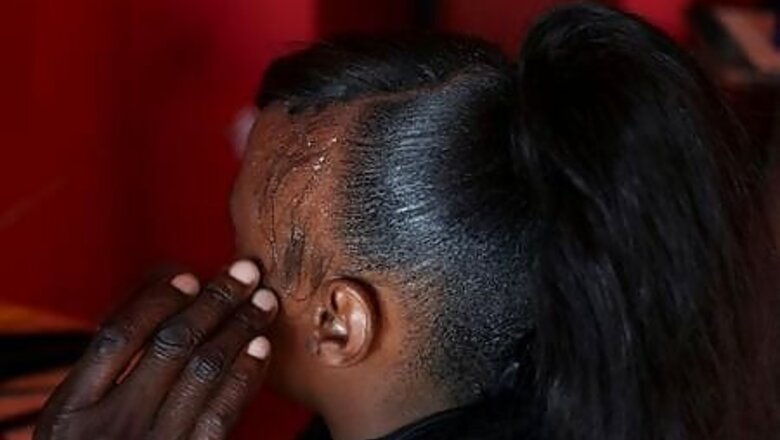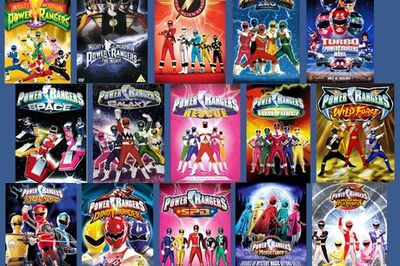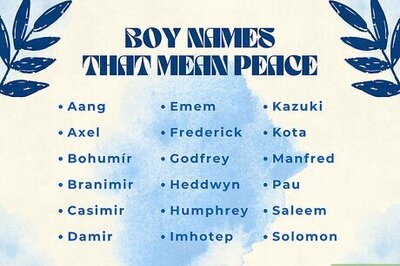
views
JOHANNESBURG: Sitting in a hair salon as a stylist braids her natural hair, Sana Sebone recalls a time in 2013 when she worked on a construction site and was told her dreadlocks were too long and represented a hazard.
She was upset, she said, mainly because her white colleagues with long hair were not told the same as their hair was considered “normal”.
Seven years on, that term is haunting her again after an advert was released by TRESemmé, a Unilever brand, describing images of African Black hair as “frizzy and dull” and “dry and damaged” while a white woman’s hair was referred to as “normal”.
“It really upset me,” said 30-year-old Sebone, who turned to dreadlocks after tiring of straightening her natural hair to make it look “presentable” in others’ eyes.
Unilever has apologised for the advert, which it admitted was “racist”, while TRESemmé South Africa and Drugstore Clicks Group, on whose website the advert was posted, have also apologised.
“We are in the year 2020. How ignorant can you be to still think Black women’s natural hair is ugly, is fuzzy and is all those negative words?,” Sebone said at the salon in Midrand, a suburb in northern Johannesburg.
The advert caused an outcry on social media and sparked protests led by the opposition Economic Freedom Fighters in a country where unfair treatment of people based on their hair evokes painful memories of prejudice during apartheid, which ended in 1994.
In those years, a “pencil test” was used to determine someone’s racial identity: A pencil was inserted into a person’s hair and if it did not fall out, that person was considered not white.
“Our forefathers have fought this. Are we still fighting this? When will it end?,” said 48-year-old Nomsa Nyathi as she sat under a hair steamer at the salon.
Black hair is still policed in places like schools, where Black girls with natural afros or dreadlocks are sometimes suspended for not “wearing their hair right” or are asked to straighten their hair.
“Everything about being a Black female in South Africa or even in the world screams ‘You’re not good enough, you don’t fit in here, you’re not wanted here’,” said 42-year-old Ntombenhle Khathwane, founder of Black hair products brand AfroBotanics.
Khathwane herself remembers being told in high school that her dreadlocks did not align with the school’s neatness policy.
Unilever has pulled all TRESemmé products from South African retail stores for 10 days. Its South African unit has moved to set up an advisory board and a diversity committee.
Disclaimer: This post has been auto-published from an agency feed without any modifications to the text and has not been reviewed by an editor




















Comments
0 comment